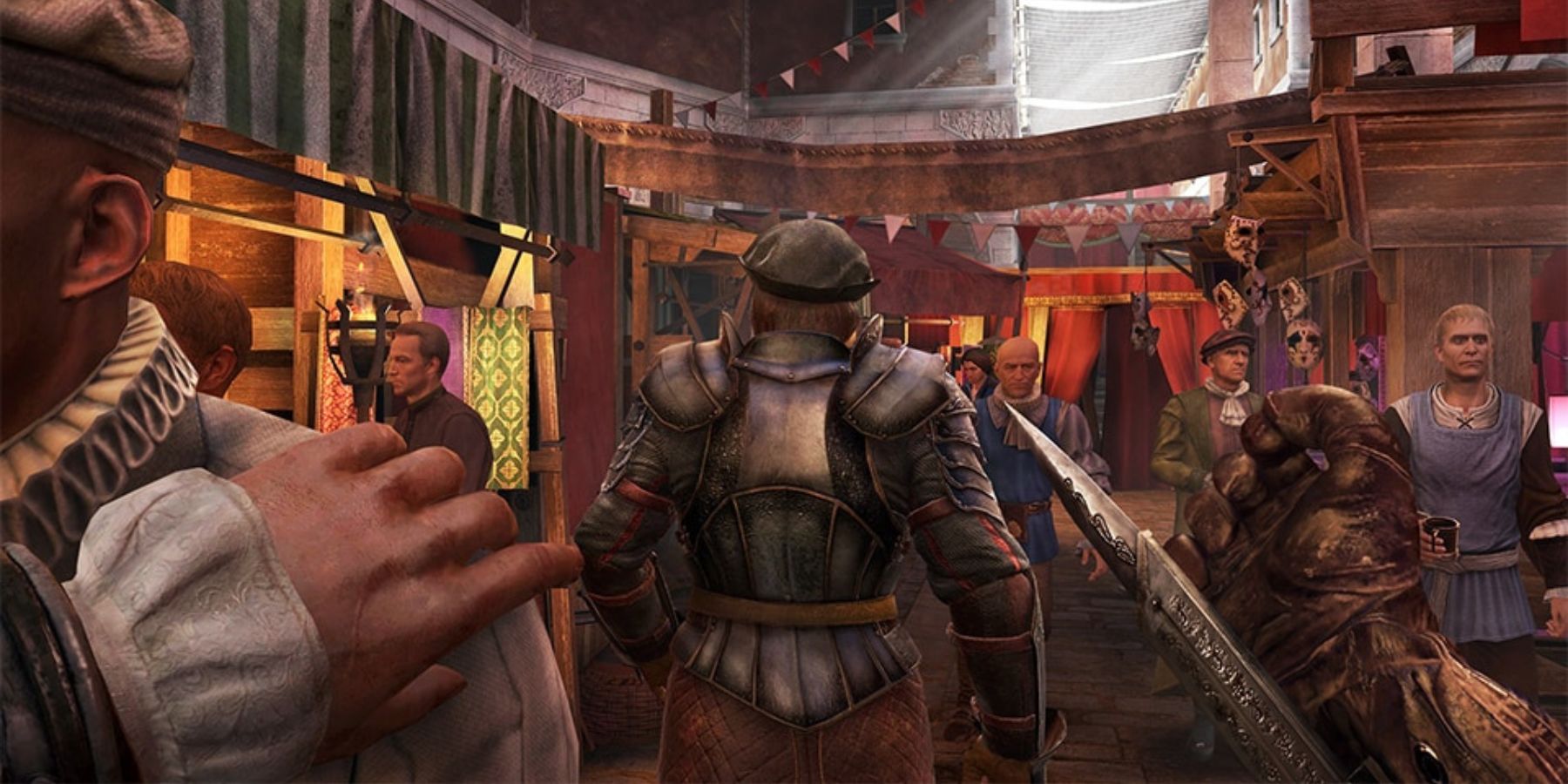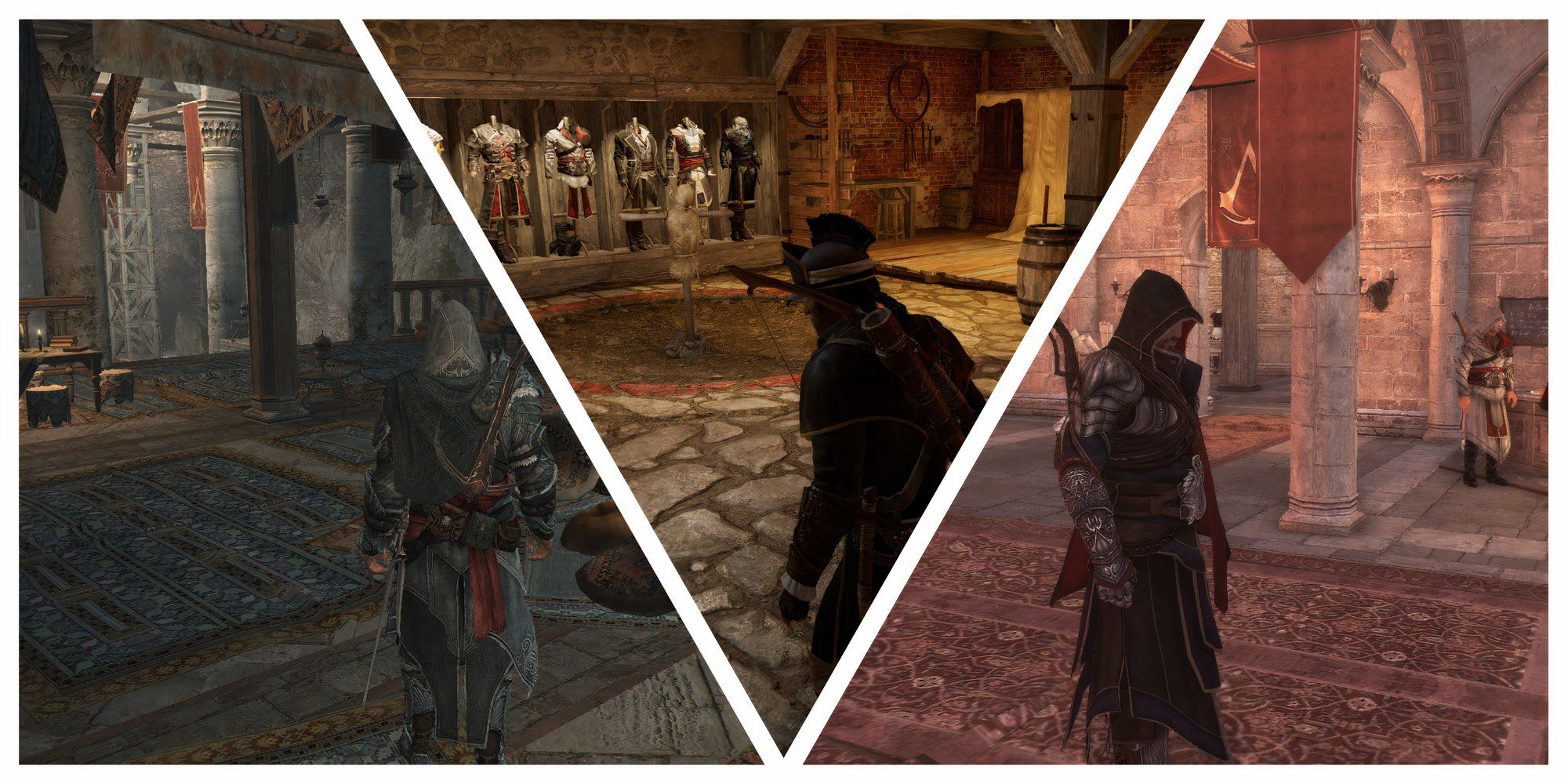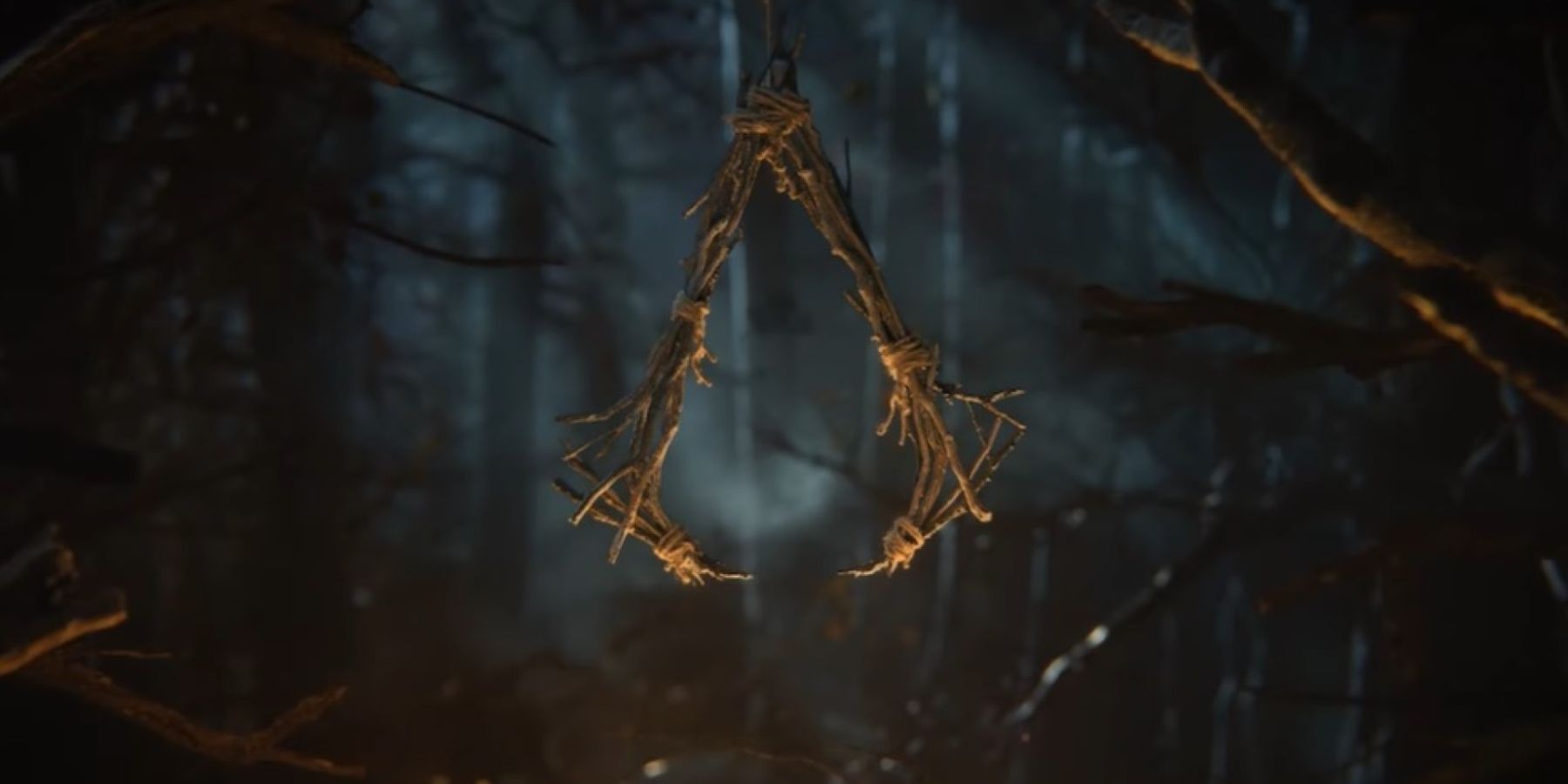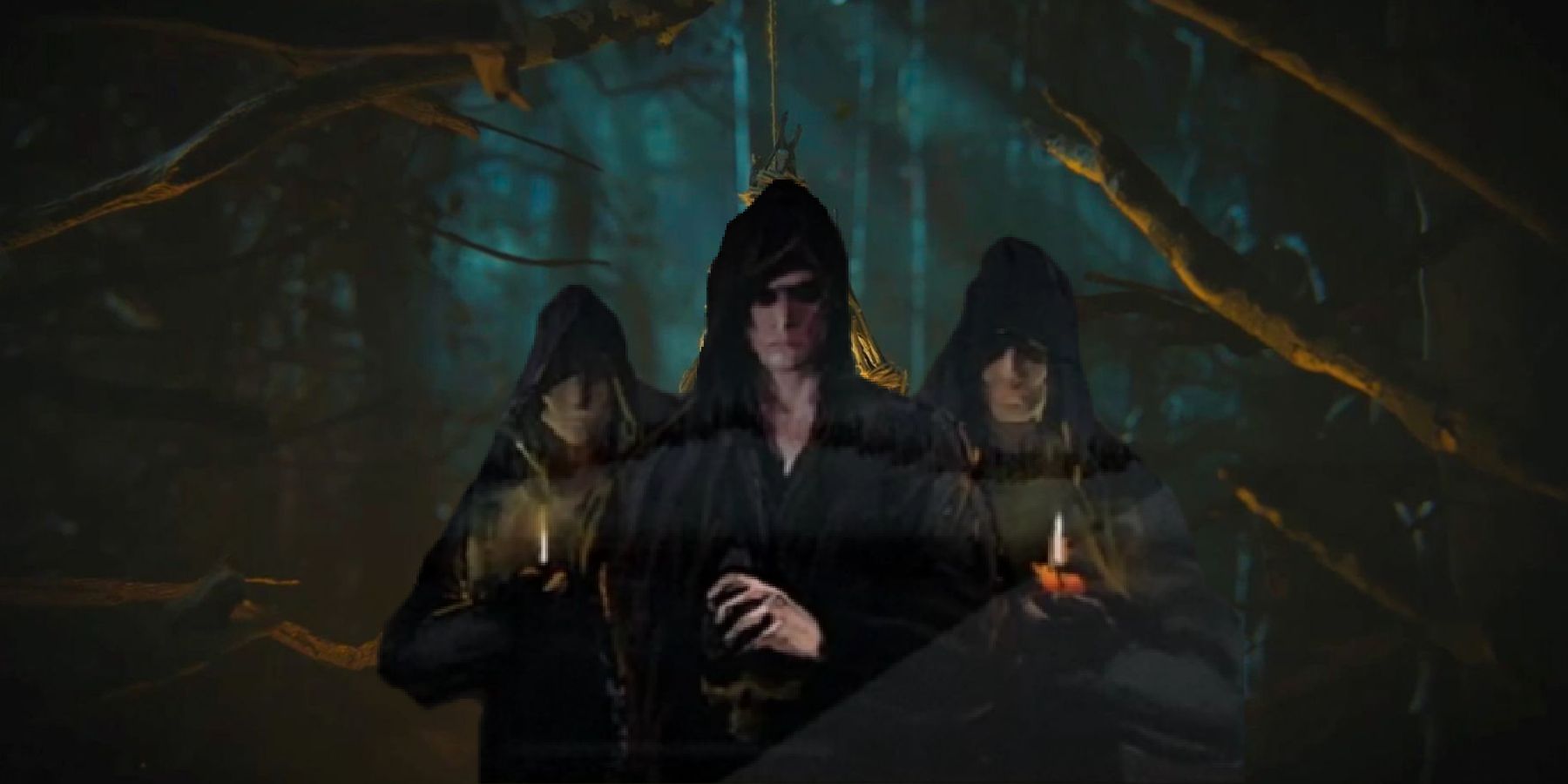Highlights
- Assassin's Creed Hexe is set in Central Europe during the witch hysteria of the 1500s–1600s, showcasing a complex era of spiritual conflict, religious warfare, and tragic executions.
- The portrayal of witches in Hexe should be historically accurate and highlight the senseless executions of innocent women during this time, aligning them with the goals of the assassins in their fight against oppression.
- If magic is introduced in Hexe, it should be presented in a nuanced way, respecting the beliefs of practitioners and not demonizing witches as the evil group they were made out to be in history. The game should examine why the witch trials occurred and accurately represent the culture of witches and the people of that time.
Assassin's Creed games have always highlighted interesting moments in history from the perspective of characters that may not always be represented. Tying into the whole concept of the assassin's order working from the shadows to serve the light, many characters in the franchise have been freedom fighters, revolutionaries, and adventurers. Protagonists in the Assassin's Creed games are often struck with some degree of tragedy and inhabit a particularly turbulent time in history. Each game has done its work to highlight various stories from diverse perspectives of these events while still maintaining the overarching plot of the assassins versus the Templars.
The recently announced Assassin's Creed Hexe is seemingly bringing players to Central Europe in what is present-day Germany, during the mass witch hysteria of the 1500s-1600s. This complicated era in history is ripe with compelling stories of spiritual conflict, religious warfare, doubt and paranoia, and tragic executions. The lore of Assassin's Creed could fit well into this time with the endless conflict between the assassins and Templars, but things can be taken even further when considering the real-world magical powers presented by the Isu.

Assassin's Creed Nexus Ending Explained
Assassin's Creed Nexus, the franchise's step into VR, features an original story with some interesting revelations that may suggest future plotlines.
Why Assassin's Creed Hexe's Witches Are So Important
Historical Context of Witches
The most important aspect of bringing an Assassin's Creed game to this period will be making sure the witches are appropriately represented when considering historical accuracy and the magical abilities of Isu characters. As for Hexe, the exact reason why more than 40,000 people were put to death for witchcraft in Central Europe between 1400 and 1782 is a topic with many possible conclusions.
However, regardless of the reason, the fact remains that the hysteria caused by these witch trials resulted in senseless executions of predominantly innocent individuals who were almost exclusively women. Likely, many of these women did not even practice witchcraft. Though witches were a generally accepted group for most of human history, the divide between the Catholic Church and the new Protestant Church in the Holy Roman Empire led to newfound aggression towards any who did not conform. Simply put:
- Witches = Assassins
- Church = Templars
It is easy to see how the oppressed group of witches could align with the goals and beliefs of the assassin's order, and the Templars with the opposite. This could create an opportunity to feature a protagonist who represents the victimized witches of this time in a battle against tyranny and oppression, while also highlighting the concept of freethinking women and empowerment. Many witch trials at this time were the result of the two churches competing for members by proving their capability to stamp out those who "serve the devil", so AC Hexe could forego that magic element entirely and simply make this a story of fighting oppression.
Witchcraft and Magic in Hexe
If Assassin's Creed Hexe does end up making magic a real force in the world, then the way witches are presented could be more layered. This could mean the witches have access to some kind of Isu artifact that the Templars are seeking to retrieve or are perhaps descendants of Isu themselves. If so, the magic should still be as accurate to real-world witchcraft as possible and would need to present the beliefs of practitioners compellingly and without justification for the trials as a whole. Witches should not be presented as the blatantly evil group that they were made out to be at this time in history.
The story could also work if there are witchcraft practitioners of multiple disciplines, as there are in real life. Even if some practice black magic by using Isu technology or something similar, they shouldn't be the majority, and they shouldn't be the cause of the witch trials in Hexe's story. This would devalue the culture of practicing witches by giving credence to the heinous crimes against them. AC Hexe must approach this period of history from all angles and examine why these barbaric trials took place in the first place to accurately represent the history and culture of witches and people of that time.





